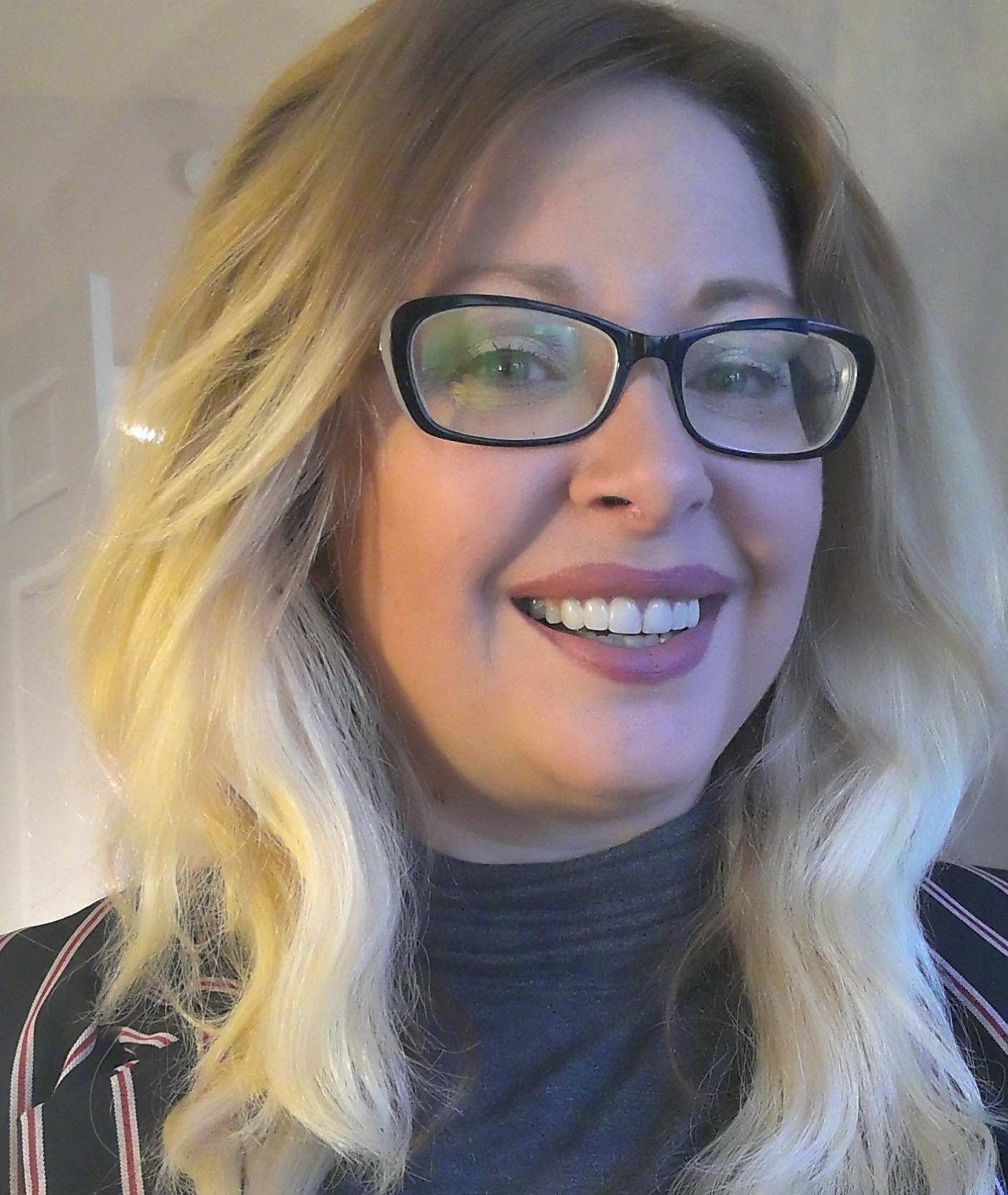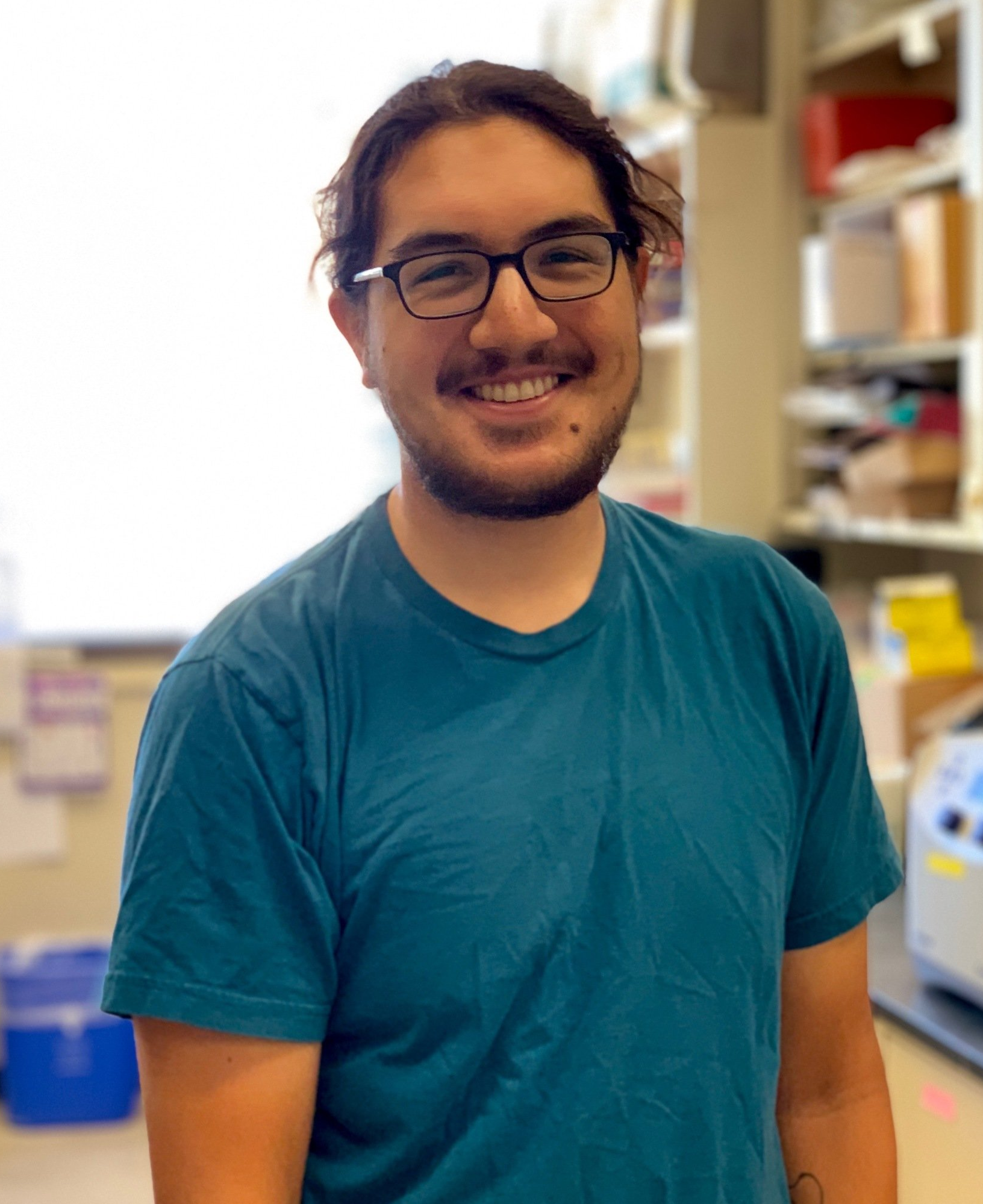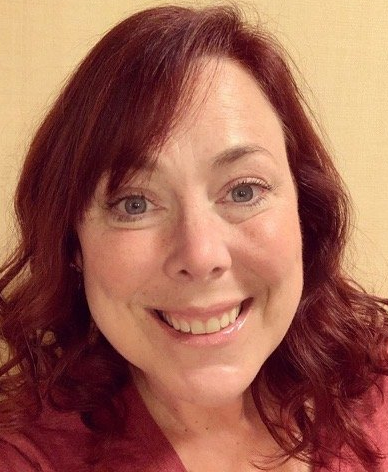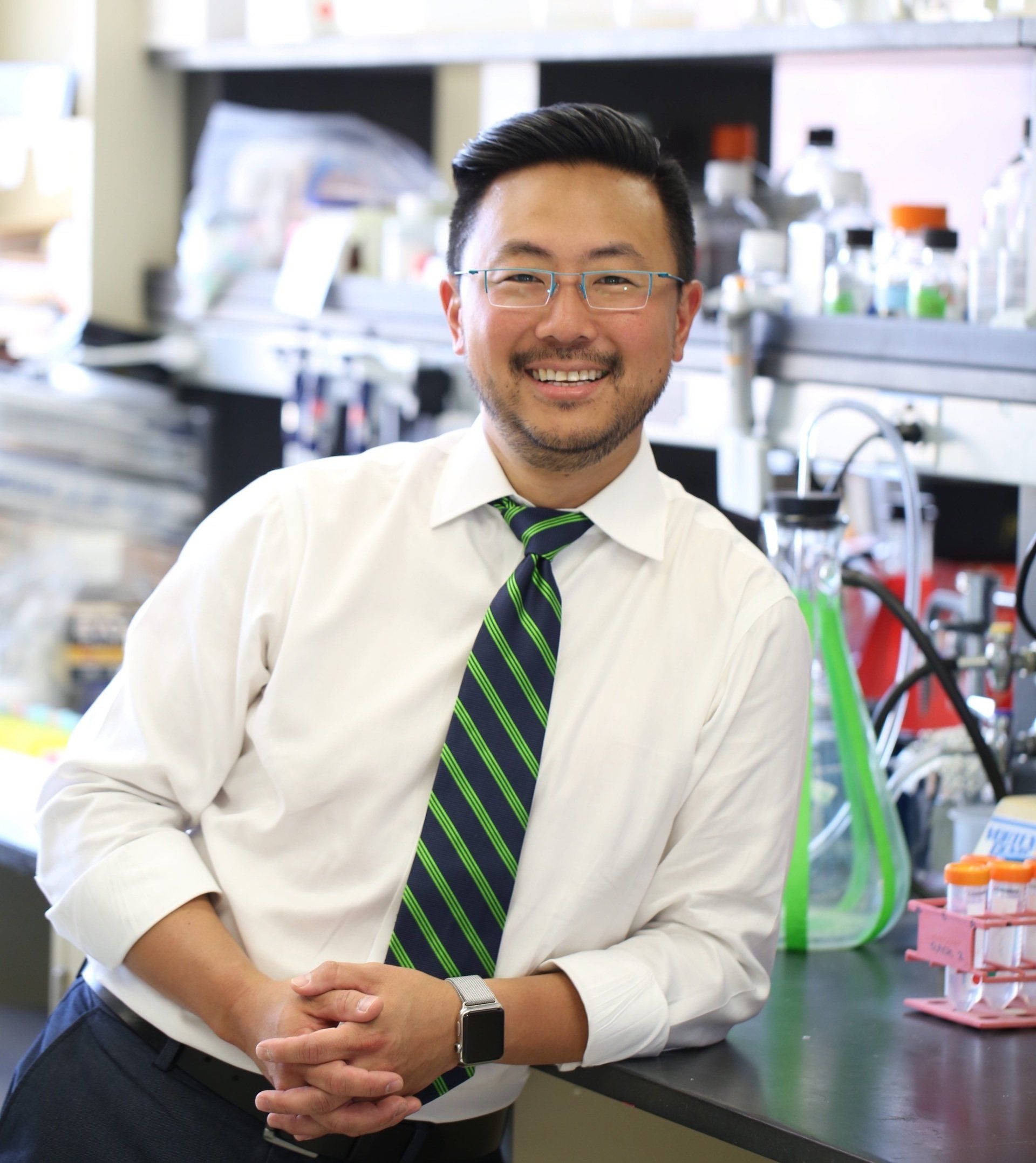- HOME
- ABOUT US
- WHAT IS AiARTHRITIS
- Diseases
- Rheumatoid Arthritis (RA)
- Psoriatic Arthritis (PsA)
- Systemic Lupus Erythematosus (SLE)
- Sjögren's Disease (SD)
- Axial Spondyloarthritis (AxSpA)
- Crohn's Disease
- Sarcoidosis
- Relapsing Polychondritis (RP)
- Systemic Sclerosis/Scleroderma (SSc)
- Behcet's Disease (BD)
- Palindromic Rheumatism (PR)
- VEXAS
- Antisynthetase Syndrome (ASS)
- Mixed Connective Tissue Disease
- JIA
- Familial Mediterranean Fever (FMF)
- HIDS (hyper-IgD syndrome, a mevalonate kinase deficiency)
- Cryopyrin-Associated Periodic Syndromes (CAPS) - Familial Cold Autoinflammatory Syndrome, Muckle-Wells Syndrome
- Schnitzler Syndrome
- Chronic Nonbacterial Osteomyelitis (CNO)/Chronic Recurrent Multifocal Osteomyelitis (CRMO)
- Still's Disease
- All Diseases
- Diseases
- OUR WORK
- RESOURCES & TOOLS
- GET INVOLVED
- CONTACT US
Rheumy Rounds™ Pilot Episode: Office Visit Communication Obstacles
#RheumyRounds is a pilot break out series of AiArthritis Voices 360
Full Episode Episode #13
Air Date: February 9th, 2020
Join your patient co-hosts, Tiffany and Kelly, as they are joined by roundtable guests - rheumatologist, Dr. Alfred Kim, and graduate researcher Jerik Leung -as we dive right into the heart of the issue - communication barriers that currently exist between patients and their rheumatologists in the office setting.
LISTEN TO THE EPISODE THEN BE SURE TO TAKE A SEAT AT THE TABLE BY JOINING THE CONVERSATION!
(Scroll down the page to learn how!)
You can find, follow, and listen on Podbean, Spotify, Apple Podcast, or where ever you do podcasts. Please follow, rate, and subscribe to the show, then share it with someone. Be sure to check out our top-rated show on Feedspot!
Pull up your seat at the table
Now it's YOUR TURN to join the conversation!
What do you think about this episode?
We want to know what you think! By continuing the conversation with your opinions and perspectives - we all get a better understanding of the problems facing our community. Better yet, through these conversations we can start working and developing solutions.
We mean it when say 360. Not only do we want your input anytime and anywhere, but we also are eager to see where the conversation will take us. So please, "pull up a seat at the table" and let's start talking!
Email us at podcast@aiarthritis.org, message us on social media (find us by searching for @IFAiArthritis)
The AiArthritis Voices Program
Our AiArthritis Voices 360 Talk Show is just a piece of larger program - the AiArthritis Voices Program.
AiArthritis Voices is our program where people living with AiArthritis diseases and other stakeholders who we need 'at the table' to solve problems that impact education, advocacy, and research sign up to have a voice in our initiatives.
If you want to get more involved, and see more of the opportunities we have for you (and all stakeholders) please check out the AiArthritis Voices Program. Unite with others around the world to talk, learn, and connect.
Show Notes: Episode 13 Rheumy Rounds Pilot Episode: Office Visit Communication Obstacles (Part 1)
00:52 - Tiffany welcome listeners to the pilot episode of Rheumy Rounds
01:15 - Tiffany is joined today by co-host, Kelly
01:36 - Tiffany identifies her diagnoses
01:58 - Kelly explains her diagnosis
02:35 - Tiffany welcomes today’s guests: Dr. Alfred Kim and Jerik Leung
03:01 - Kelly introduces Dr. Kim and Mr. Leung and explains their work focus in the AiArthritis Community
04:54 - Tiffany explains the goals of the Rheumy Rounds Series
07:04 - Today’s Topic: Improving Doctor / Patient Communication
08:12 - Jerik’s research showed that patient goals did not always align with the physician’s goals, especially relating to medications and side effects
09:20 - Patients who are not connecting with their doctor and aren’t understood by their family will often seek out online communities so that they feel understood by someone
13:05 - Dr. Kim says the primary goal of rheumatologists is to determine what is actually going on with the patient. Are additional testing or imaging studies necessary? Are the notes from the previous doctor or patient provided information enough?
13:54 - Practicing Rheumatology is somewhat similar to practicing psychiatry in that there are usually not clear cut answers from test results. The physician has to review as much information as possible to arrive at a correct diagnosis.
14:50 - Rheumatologists must also prepare to have a difficult conversation with patients if the diagnosis doesn’t align with what they have been told previously or what they believe or don’t believe they have
15:13 - Sometimes patients arrive at a new doctor with incorrect information in their chart because a previous doctor had to use a certain diagnosis - even if it wasn’t the correct one - so the patient could get access to a needed medication
17:13 - Rheumatologists primarily base treatment plans on symptoms, rather than diagnosis. This is different than 99% of medicine practice and is confusing for patients.
20:08 - 80% of health outcomes are determined by social determinants, and only 20% is based on medical care
20:14 - Social determinants are the variables of how your living and working situation influences your health (income, education, social support, addiction status, employment status, etc.)
20:40 - Physicians have no meaningful training in influencing social determinants in their patients
23:30 - Patients really benefit from having collaboration between their doctors and having someone coordinate the services they need - both medical and social determinants - all in one place
29:45 - Physicians must translate colloquial information from the patient to technical information so that it will align with their training and then translate it back to colloquial format so the patient will understand it and be able to explain it to their social support network
30:18 - Physicians receive no formal training in communicating effectively with patients
32:33 - Patients should document concerns as they go so that they can communicate them effectively with their physician
32:50 - Shortened appointment times, electronic medical records requirements, and overwhelming workloads all contribute to emotional burnout among physicians who want to provide emotional support for patients
Patient Voices and All Other Stakeholders - Join our AiArthritis Voices Program and Connect to Opportunities to Have Your Voice Counted!
If you are a patient, a parent of a juvenile patient, or any other stakeholder (doctor, nurse, researcher, industry representative, or other health services person) - are you ready to join the conversation? It's your turn to pull up a seat. Join our new AiArthritis Voices program, where people living with AiArthritis diseases and other stakeholders who we need 'at the table' to solve problems that impact education, advocacy, and research sign up to have a voice in our initiatives. By signing up, you’ll get notified of opportunities to be more involved with this show - including submitting post-episode comments and gaining insider information on future show topics. Patients and all other stakeholders are encouraged to join so we can match you with opportunities to pull up a seat and TOGETHER - as equals - solve the problems of today and tomorrow.
AiArthritis Voices 360 is produced by the International Foundation for Autoimmune and Autoinflammatory Arthritis. Visit us on the web at www.aiarthritis.org/talkshow. Find us on Twitter, Instagram, TikTok, or Facebook (@ifAiArthritis) or email us (podcast@aiarthritis.org).
Be sure to check out our top-rated show on Feedspot!
Your Co-Hosts & Guests: Who is at the table this episode?
Tiffany Westrich-Robertson
Tiffany is the CEO at International Foundation for AiArthritis and uses her professional expertise in mind-mapping and problem solving to help others, like her, who live with AiArthritis diseases work in unison to identify and solve unresolved community issues. For the last several years, she has continued her education in research, including becoming a professional focus group moderator, and translated this experience at our organization to develop award-winning, innovative projects that are taking patient engagement to next levels.
Tiffany has served on several advisory boards, including those to advance patient voices in policy, clinical trials, and precision medicine. In addition to reviewing grants at PCORI and for the Department of Defense, she was the sole patient grant reviewer for the National Institute of Arthritis and Musculoskeletal and Skin diseases from 2015-2018. She currently participates as a Patient Research Partner for OMERACT (Outcome Measures in Rheumatology), co-leads our organizations' international effort to advance patient voices in rheumatology research (the ACTion Council) and has dedicated her professional career to developing other patients to utilize their voices to impact the future of millions.
Jerik Leung
Jerik Leung is a graduate student in the Master of Public Health Program at Saint Louis University, College for Public Health and Social Justice (SLU CPHSJ) focusing in behavioral science and health education. He has been involved with lupus-related health research for the past four years, beginning during his time as an undergraduate student at Washington University, where he met Dr. Alfred Kim and conducted a senior thesis project in medical anthropology seeking to understand the primary obstacles of living with lupus from the patient perspective. This work and the necessity of the patient voice in guiding research and treatment priorities has formed the basis of Jerik’s current work with Dr. Kim and Dr. Elizabeth Baker, Professor of Behavioral Science and Health Education at SLU CPHSJ, on understanding and developing interventions related to social support and impact on quality of life among those living with lupus using a community-based approach. After graduate school, Jerik intends to continue on a career path in health sciences research with a specific focus in autoimmune diseases.
Kelly Conway
Kelly is a speech-language pathologist, author/blogger, and a patient advocate. She has been living with autoimmune arthritis since age 14 but wasn’t formally diagnosed until age 32. That diagnosis has changed more than 5 times over the past 18 years. Through social media, she connected with fellow patients and co-founded the International Foundation for Autoimmune and Autoinflammatory rthritis. She has represented her state of Pennsylvania on Capitol Hill for the American College of Rheumatology multiples times, and speaks of the patient perspective at medical/pharmaceutical conferences. Kelly believes in the power of the patient voice and sharing our stories to raise awareness, education, and advocacy.
Dr. Al Kim
Love the show? Help us make sure we stay on the air by making a donation.
Your contribution helps us continue the work we do every day to improve the lives of millions worldwide.
Sign up for our newsletters
International Foundation for AiArthritis
6605 Nottingham Ave.
St. Louis, MO 63109-2661
Toll Free: 1-877-609-4226
Text: 1-314-282-7214
Copyright 2024. All rights reserved. Information on this site is intended for informational purposes only Our foundation does not engage in the practice of medicine. Please consult a physician to obtain personal healthcare and treatment options. 501(c) 3 Nonprofit Tax ID: 27-1214308.















